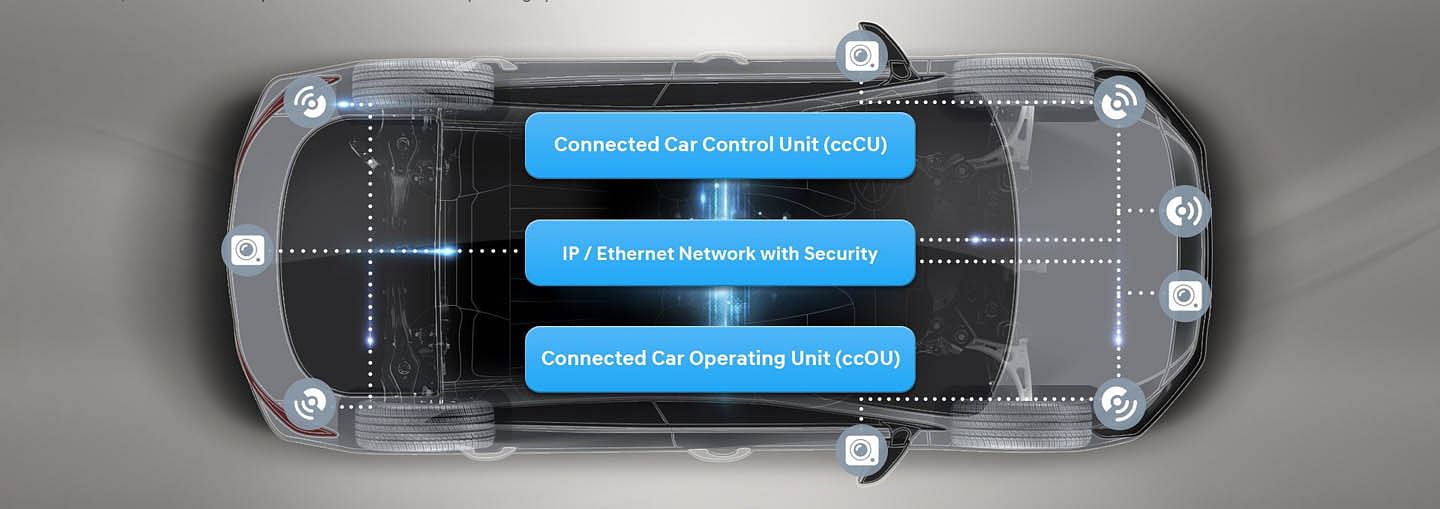Hyundai reveals hyper-connected and future mobility tech at CES
The Internet of Things and autonomous systems take centre stage on South Korean car maker’s Las Vegas stand.
Hyundai has demonstrated its latest hyper-connected car technology and driverless systems at the Consumer Electronics Show in Las Vegas.
The South Korean car maker revealed its Smart House concept to showcase the connected systems, which seamlessly integrate with a user’s home to turn the car into a mobile living space via the so-called Internet of Things.

It also showed technology developed with IT company Cisco to be used for car-to-car communication. The system would help to improve driverless systems and boost the efficiency of journeys.
Hyundai brought its autonomous Ioniq concepts to the show in order to illustrate its Lidar technology. The car uses laser and road-based detection systems to analyse its surroundings and navigate around the urban landscape.
Built-in scooter for Ioniq Electric
Hyundai also revealed a scooter concept at CES to be used with the Ioniq Electric. The electric-powered scooter is stored inside the front door of the car and is charged when stored.
It’s aimed at getting people to and from their cars on the first and last mile of their journeys, although at this stage it is only a concept rather than a full production accessory for the Ioniq.
Wearable robots increase mobility
Following the wearable tech and mobility trends, Hyundai also presented wearable robots to help less mobile members of society, for example the elderly and paraplegics, move around.
Taking a number of forms, the wearable robots have a variety of applications, from reducing strain when lifting heavy objects to assisting disabled people so they can walk independently.
Sensory stimulation for health in mobility
Hyundai’s Health + Mobility Concept at CES will moderate the driver’s alertness, mood and senses depending on the driver. For example, if the car senses drowsiness, the car will adjust the angle of seat recline to a more upright position.
The concept extends to sounds and smells, too; the car can pump a spritz of lavender eucalyptus scent and play soothing music, perhaps in a road rage situation. Conversely, if the driver needs to pay attention, the car can pump peppermint or cedar into the cabin and play an alert sound.
RELATED ARTICLES
Autoliv Plans JV for Advanced Safety Electronics With China’s HSAE
The new joint venture, which is to be located strategically near Shanghai and close to several existing Autoliv sites in...
JLR to Restart Production Over a Month After September Hacking
Manufacturing operations at the Tata Group-owned British luxury car and SUV manufacturer were shut down following a cybe...
BYD UK Sales Jump 880% in September to 11,271 units
Sales record sets the UK apart as the largest international market for BYD outside of China for the first time. The Seal...






 05 Jan 2017
05 Jan 2017
 4630 Views
4630 Views





 Ajit Dalvi
Ajit Dalvi




